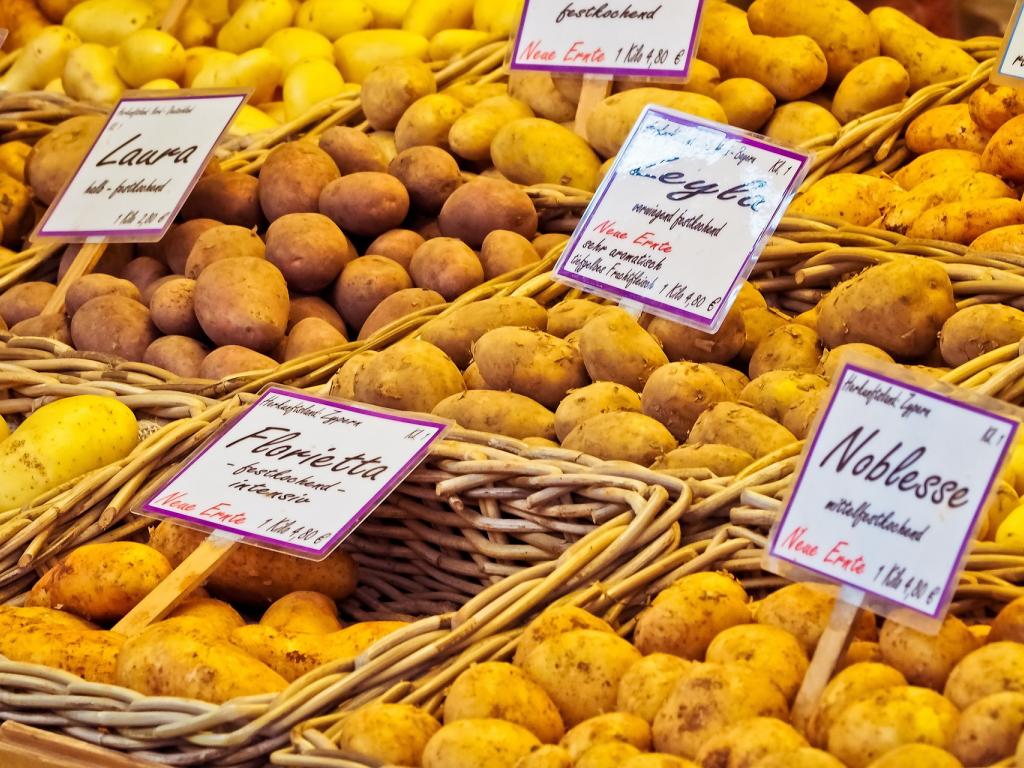
After a six month stint in Brno, Prague’s rather overshadowed sibling in the South Moravia region of the Czech Republic, I headed to Slovakia by train in the early summer of 2021. I disembarked in Liptovský Mikuláš, a small town named after St Nicholas in the foothills between the Low and High Tatra mountains. It stands at the heart of the region of north-central Slovakia called Liptov and at the heart of the country‘s national history. The great mountain peak called the Kriváň (from the Slovak krivý, meaning crooked), which casts its eye over Mikuláš and the surrounding villages, is a national symbol embedded in the consciousness of everyone who lives there – when the peak is wrapped in clouds, people always remark with a smile: “Kriváň fajčí!“ (Kriváň is smoking!). It was also in Mikuláš that the legendary highwayman and national hero Juraj Jánošík was tried in court and impaled on an iron hook for his crimes in 1713 (although, as the story goes, he jumped on it himself).
I discovered that the crowning glory of the town’s folkloristic calendar was a potato festival called Švábkafest. Having been holed up for some time in the village of Vavrišovo, a fifteen minute drive from Mikuláš, due to state restrictions introduced in response to Covid, I was excited to finally be able to attend an event of any kind. The posters for the festival promised heinous quantities of potato-based foods, of course – potato pancakes (placky or baby), dumplings (zemiakové guľky), and above all the regional speciality, a fried potato sausage called the liptovský drobec – but also performances by local folk music and dance groups. There was even to be an appearance from world famous ski racer Petra Vlhová, a native of Mikuláš who had just won the world skiing championships.
As the festival began on a sweltering afternoon in early September, it became clear to me that Švábkafest was more than just an excuse for gluttony, à la Michael Palin’s depiction of rural Slovakia in his Around the World in 80 Days (for which the Slovak tourism board have surely barred him from the country). This is not to say that there wasn’t a sea of greasy foods and pot-bellies on Mikuláš town square that day. The folk music and dance acts (ľudové súbory), however, were performed by primary school children as their parents cheered on, while the stalls at the market (jarmok) were manned by head-scarfed granny quacksalvers and gingerbread bakers. More than just a celebration of the spud, I thought Švábkafest was a celebration of the community of the present as well as of ye-olde wisdom. Every generation participated in the shared fun of folk song, dance, food and craft, and I particularly enjoyed receiving a long seminar on the health benefits of juniper (borievka) from an enthusiastic herbalist named Katerina. The whole occasion was a lovely experience of Slovak culture in all its vigor and variety, that I would recommend to anyone.